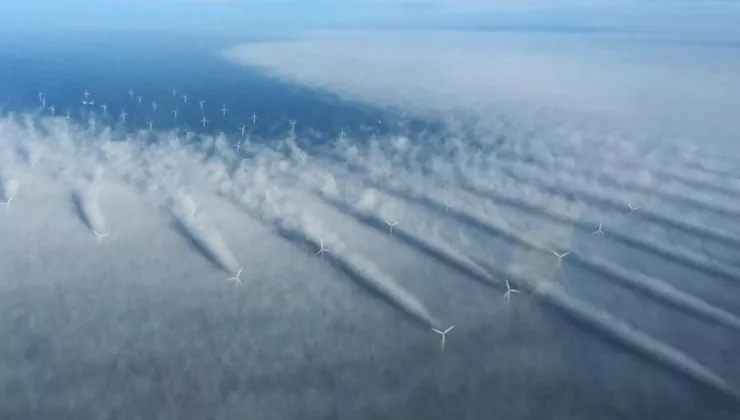Fostering a safe, prosperous and sustainable North Sea
The policy plan of the new Belgian federal government has three core objectives: ensuring safety, stimulating economic growth and managing this valuable marine environment in a sustainable manner. A more detailed discussion of these three themes can be found below.
Safety in and around the North Sea
The North Sea is a strategically important area that is vulnerable to criminal activities such as drug trafficking and human trafficking. Efforts will be made to strengthen maritime security through:
- Intensive cooperation with a wide range of international partners and bodies, including the European Union and NATO;
- Stricter control of ports and shipping routes, including the use of drones and advanced monitoring technology;
- Cybersecurity as a priority to better protect critical infrastructure such as pipelines and submarine cables; and
- Expansion of legislation on maritime security and stricter enforcement in ports such as Antwerp, one of the largest transit ports van Europa.
The federal North Sea policy will be based on three major ambitions. Firstly, guaranteeing safety in and for the North Sea is a top priority. Secondly, we will focus on the North Sea as the engine of our prosperity. Thirdly, we will strive for sustainable management of the North Sea through national and international cooperation. In this way, we will ensure that the North Sea remains a source of economic and ecological wealth not only today, but also in the future.

Annelies Verlinden
The North Sea as a driver of economic growth
In addition to safety, the North Sea remains a major driving force behind the Belgian economy. To strengthen this role, work is being done on:
- A new Marine Spatial Plan (2026-2034) that maintains a healthy balance between transport, energy, fisheries and ecology ;
- Further development of offshore wind energy, including expansion of existing wind farms and cooperation with other North Sea countries for an international energy network;
- Stimulation of innovation and digitisation within the maritime sector, including regulations for autonomous shipping; and
- A competitive fiscal framework for the maritime sector so that Belgian shipping companies and ports remain attractive within the international market.
Sustainable management and biodiversity
In addition to economic and safety aspects, Belgium is strongly committed to nature conservation and environmental protection. This is done by:
- Expanding protected marine areas, which will ensure that at least 30% of the North Sea will be protected by nature conservation by 2030;
- Foestering international cooperation, such as the BBNJ Convention, to protect biodiversity in international waters; and
- Greening the shipping industry through stricter emission standards and the transition to sustainable fuels such as hydrogen.
A balanced future
With this plan, the Belgian government is committed to a North Sea that is both economically productive and ecologically responsible. By combining safety, growth and sustainability, Belgium wants to continue to play a pioneering role within the European and international maritime community.


